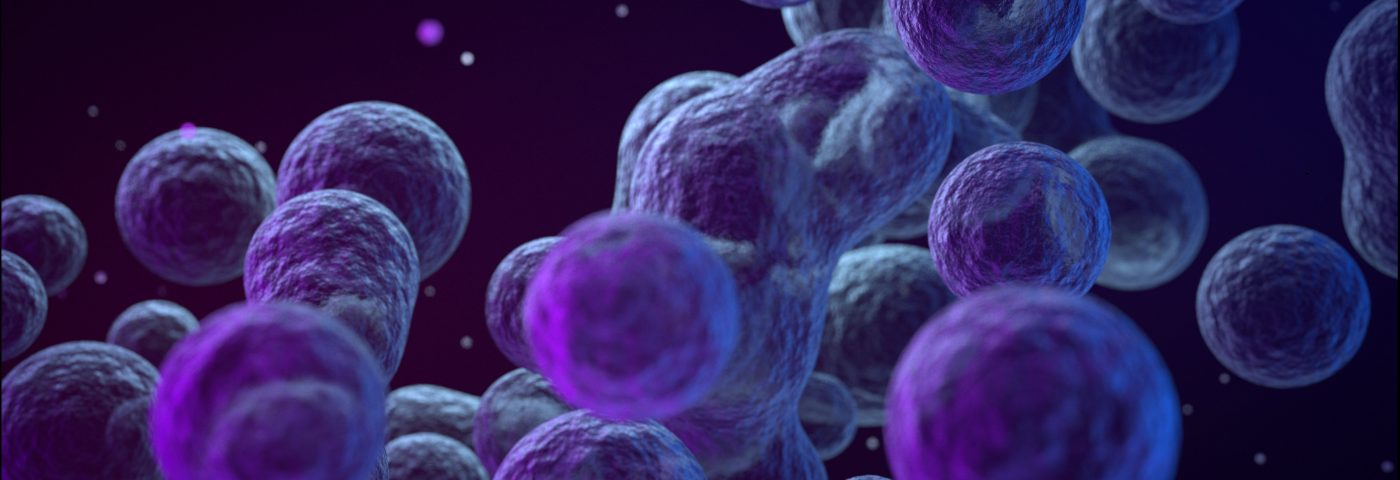While many scientists have focused on how to make adaptive immune T-cells better fight cancer, Drs. Sandra Nicholson and Nicholas Huntington looked to a subtype of innate immune cells specialized in eliminating infected cells in our body — natural killer (NK) cells.
Their study revealed that, like T-cells, NK cell have a molecular brake – and that when the brake is switched off the NK cell’s capacity to prevent melanoma metastases boosts.
“Natural killer cells are a key part of our immune system that locates other cells posing a danger to health either because they are infected or because they are becoming a cancer cell,” Nicholson said in a news release.
The human body has numerous defenses that protect it from infection and cancer, but tumors often make use of built-in control systems that prevent these cells from becoming improperly activated.
Once the research team made up of scientists from the Walter and Eliza Hall Institute of Medical Research and the Queensland Institute of Medical Research, realized that natural killer cells have this brake in the form of a particular protein, they designed an experiment to study how the removal of the restraint mechanism affects cancer processes.
It is well known that natural killer cells are activated by a cytokine called IL-15. The study, titled “CIS is a potent checkpoint in NK cell–mediated tumor immunity,” showed that a molecule produced inside the natural killer cells prevents them from responding to IL-15, and so limits their capacity to kill cancer cells.
The study, published in Nature Immunology, reveals that mice lacking the gene coding for the brake protein were protected against metastases of melanoma, prostate, and breast cancer.
Nicholson and Huntington hope that the discovery of the molecular control switch will allow for the development of new drugs that could trigger the responses of natural killer cells against tumor cells.
“This is about learning how to activate the natural killer cells of the individual patient, and boost their immune system to tackle the disease,” said Huntington. “We are hopeful our research will lead to new immunotherapies that supercharge the body’s natural killer cell, and maintain it in a highly active state to more efficiently and specifically fight cancer.”


